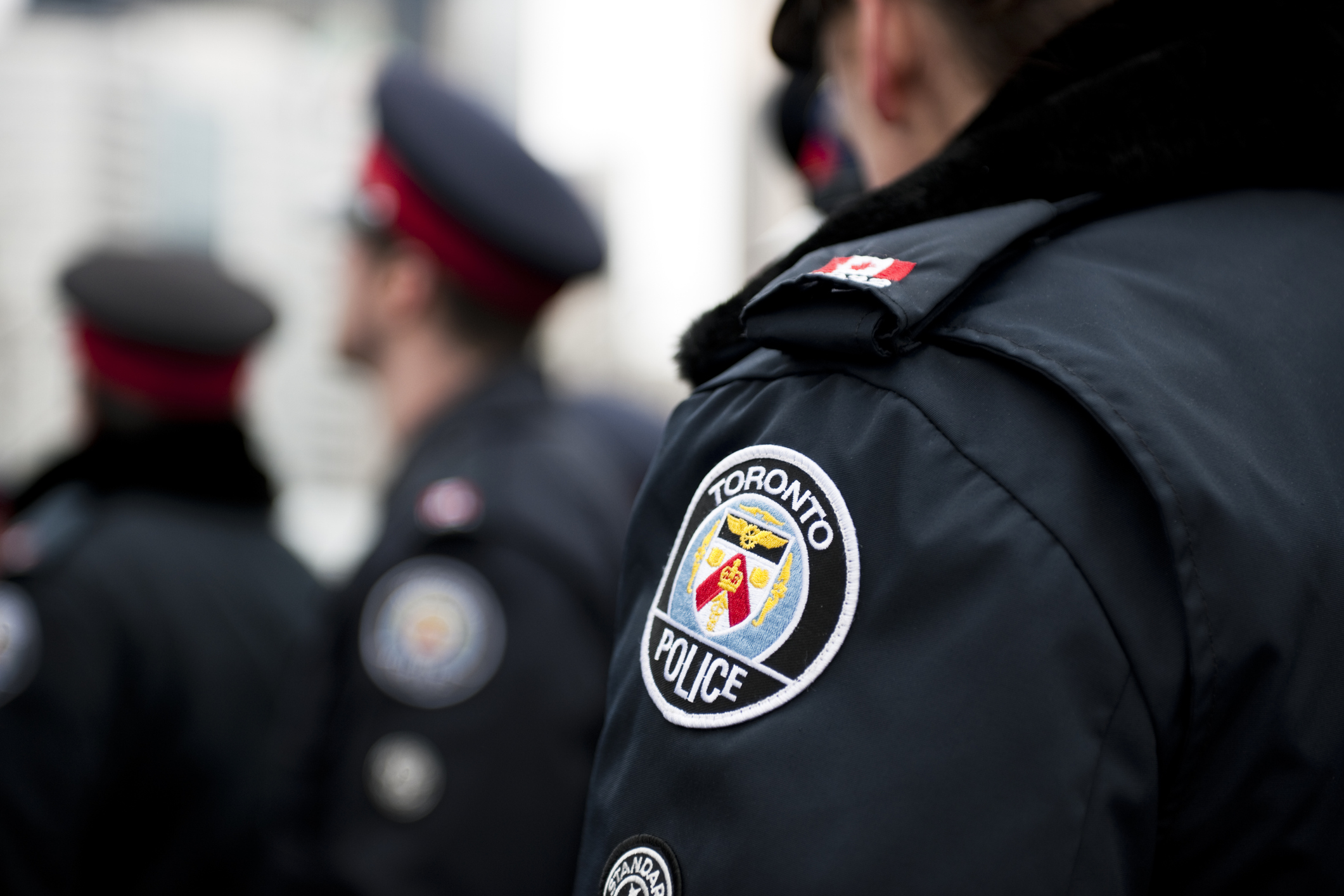18-year-old Stephen Lawrence was waiting for a bus in South London, England in 1993. Racist thugs attacked him, beat him and he died from his injuries.
Everyone knew who did it, but the police bungled the investigation so they walked free.
Stephen’s parents and the community pressed the UK government for a public inquiry. When it was completed six years later, the head Justice Lord MacPherson concluded that the investigation was poor. He said this was not because of the actions of one person but because of systematic failings of the London Metropolitan Police which he called institutional racism.
“The collective failure of an organization to provide an appropriate and professional service to people because of their colour, culture or ethnic origin…detected in processes, attitudes and behaviour which amount to discrimination through unwitting prejudice, ignorance, thoughtlessness and racist stereotyping which disadvantage minority ethnic people.”
Some will see the recent Ontario Human Rights Commission (OHRC) report, “A Collective Impact,” as a demonstration of institutional racism in the Toronto Police Service (TPS).
The statistics are chilling. Between 2013-2017 people of African and Caribbean origin were: 3.6 times more likely than a White person to be involved in a police use of force case that resulted in civilian injury or death; 11.3 times more likely to be involved in a deadly encounter with police; and, 19.5 times more likely to be involved in a fatal police shooting.
But the testimonies of the 130 people who came forward to talk to the OHRC were even more unsettling. They included graphic examples of assaults and racial slurs leading to fear, humiliation and lack of trust.
In one example a family described how officers used racial slurs and drew their guns. They threatened the entire family with jail. They stood on their son’s face. They pulled another son’s pants down while asking “Where are the guns?” But no weapons were found, no arrests were made, and no charges were laid.
Despite their negative experiences, the GTA’s Black population has a nuanced view of the police. In a study of over 1500 Black respondents, 85 per cent believed that the police were doing an appropriate job of ensuring the safety of their municipality in general. But at the same time, 54 per cent thought police were not treating Black people fairly, and only one per cent thought that Black people would rarely or never experience unfair treatment by police. In other words, just like everyone else, this is a population that would like to trust and support the police but the belief that the police is racist gets in the way.
In Toronto, people of African and Caribbean origin are among the most likely to be victims of crime. They need better policing. But effective policing requires trust.
An effective response to the recommendations of the OHRC report is a start. To their credit, the TPS has set up a task force and has started to cooperate with the OHRC. But little has been done and these are systemic problems which require a collective response across government.
That is what happened in the UK. After the findings of the Stephen Lawrence Inquiry, the UK government passed a law that required public services to promote race relations, offer equitable services and prove that their services were equitable by collecting and publishing race-based data. The law made public services fairer. Subsequently, the Audit Commission concluded that the new law was the most important intervention for public service equity in the UK ever.
That is the sort of action we need here. We always want to develop a made in Toronto response but we really only need a works in Toronto response. The City and TPS need to work together to develop a plan but there need to be tougher provincial laws to hold them accountable.
If you look at the data in the OHRC report and you look at the action that has been taken so far it is difficult not to believe that racism is institutionalized in the TPS. We are not defined by how we fall down but how we stand get up again. True institutional racism is seeing disparities which ruin peoples lives and communities and not doing anything to improve the situation.
I would love those in power to prove me wrong.
